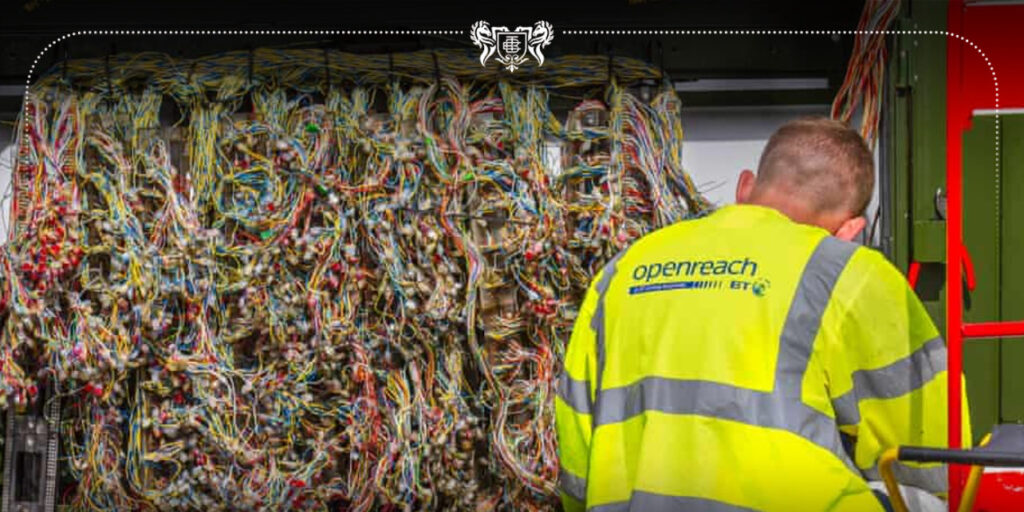BT has announced it is grappling with an additional £100 million in costs due to recent budget changes, as revealed by the company’s latest financial disclosures. The telecom giant also confirmed the reduction of 2,000 jobs as part of its ongoing strategy to streamline operations and enhance productivity. This reduction is a continuation of BT’s long-term cost-cutting plan aimed at boosting efficiency across its operations.
Allison Kirkby, the Chief Executive Officer of BT, who assumed her role in February, detailed the financial impact of the budget to the Financial Times. The modifications to employers’ national insurance contributions, which will increase by 1.2 percentage points to 15% starting next April, alongside a 6.7% increase in the national minimum wage, are primary contributors to the anticipated cost surge. These changes are set to account for approximately 70-75% of the total cost increase for BT next year.
Kirkby has joined other leading UK executives from companies like Sainsbury’s, Marks & Spencer, and Primark in voicing concerns over these cost pressures. The decrease in the threshold for employer national insurance contributions from £9,100 to £5,000 adds another layer of financial strain.
Amidst these challenges, BT reported a 10% drop in pre-tax profits, amounting to £967 million for the six months ending on September 30, with revenues also declining by 3% to £10.1 billion. This downturn is attributed to intense competition in the retail sector and weaker performance in both the corporate and public sectors. Furthermore, the company has adjusted its revenue expectations for 2024-25, projecting a decrease of 1% to 2%, a revision from the previously anticipated 1% increase.
To counterbalance these financial pressures, Kirkby highlighted the company’s aggressive cost transformation efforts, which have already resulted in substantial savings and a reduction in workforce. Last year, BT announced its intention to reduce its workforce to between 75,000 and 90,000 by 2030, aiming to cut billions in costs, with plans to replace approximately 10,000 jobs with artificial intelligence solutions.
In addition to cost-cutting, BT is significantly investing in infrastructure, notably accelerating its full-fibre network rollout, which now extends to over 16 million premises with an industry-leading take-up rate of 35%. The expansion of its 5G network to cover 80% of the UK population is another strategic move to modernize and strengthen its market position.


